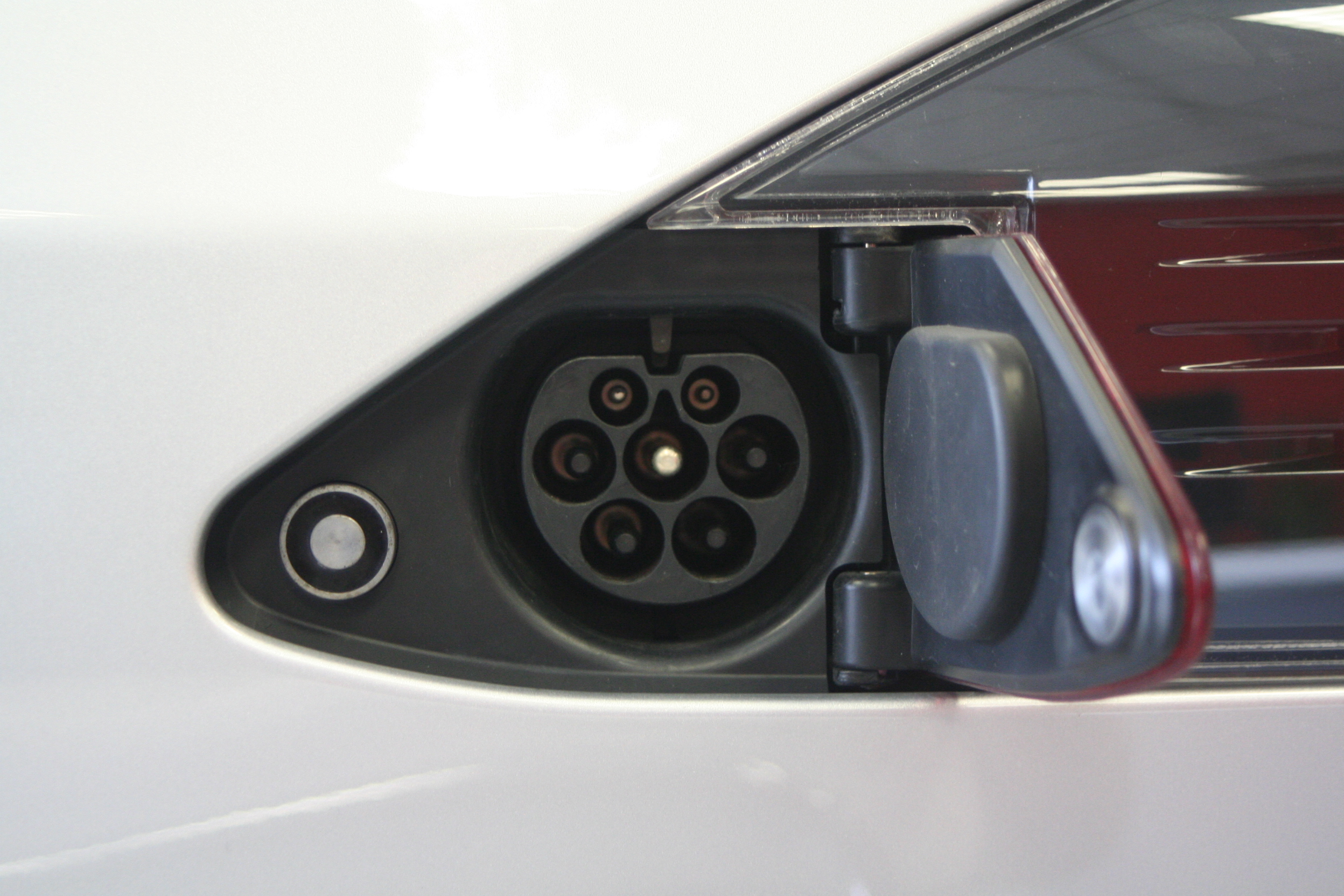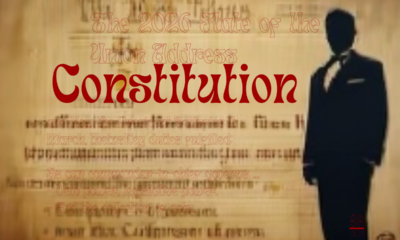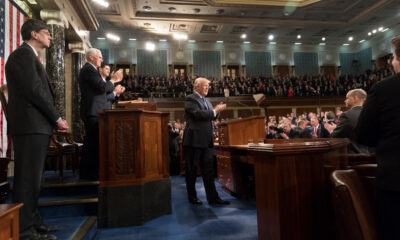Executive
Electric Vehicle Subsidies as Complex and Costly as Ever

Electric vehicles (EVs) may be the most subsidized product in America. Federal taxpayers shell out $7,500 every time a new eligible electric vehicle is purchased (usually by wealthy buyers). State and local taxpayers chip in an additional $1,500 for each EV purchase. Then, there’s the tens of billions of dollars “invested” by policymakers into building EV plants. Even these bank-breaking concessions aren’t enough to please the Biden administration. Recently finalized EV tax credit rules expand eligibility for the subsidy while maintaining bizarre trade sourcing rules likely to lead to further tariffs from China. It’s time for President Biden and lawmakers to ditch protectionism and finally end EV subsidies.
EV subsidies cost the taxpayers billions without helping
From the start, President Biden’s fumbling approach to EV subsidies has harmed the economy without bolstering ecology. In 2022, the chief executive declared, “[t]hanks to American ingenuity, American engineers, American autoworkers… if you want an electric vehicle with a long range, you can buy one made in America.” Prices were already through the roof, with taxpayers being asked to shoulder these pricy purchases. Kelley Blue Book estimates that the average price of a new EV is more than $65,000, compared to $48,000 for gas-powered cars. Biden imposed requirements that EVs must undergo “final assembly in North America,” contributing to even higher prices for taxpayers and consumers.
Biden’s rules make production cost-prohibitive by restricting the foreign mineral inputs (e.g., graphite) that could go into tax credit-eligible EVs. The administration has since reversed course and allowed for a grace period for graphite sourcing. However, the new rules, “introduce a stricter test for measuring whether 50% of the vehicle’s critical minerals come from the United States or a free trade agreement partner…[requiring] automakers to more precisely account for the value added at each step of the supply chain.” The net effect of all these confusing new rules is to expand the number of vehicles eligible for EV tax credits, while increasing compliance costs. And, of course, this cost will be passed onto taxpayers and consumers.
Recognize who’s buying these cars
Instead of tethering absurd rules to a complex and costly program, the Biden administration should start from scratch and axe the tax credit. EV subsidies are showered onto the wealthiest Americans at the expense of their poorer neighbors. According to a 2023 analysis of California EV purchase patterns by the news outlet CalMatters, “Most of the median household incomes in the top 10 [zip codes with the highest share of EVs] exceed $200,000, much higher than the statewide $84,097. Typical home values in those communities exceed $3 million, according to Zillow estimates.” In comparison, “electric cars are nearly non-existent in California’s lowest income communities: only 1.4% of cars in Stockton’s 95202, where the median household income is $16,976, and 0.5% in Fresno’s 93701, where the median is $25,905. Most are plug-in hybrids, which are less expensive.” This study’s findings are consistent with earlier, multi-state surveys. A 2018 study by Dr. Wayne Winegarden of the Pacific Research Institute found, “79% of electric vehicle plug-in tax credits were claimed by households with adjusted gross incomes of greater than $100,000 per year. Households with incomes greater than $50,000 per year claimed 99% of the credits.”
A net negative
This stunning regressivity ensures that subsidies are a net-negative for ecology. Wealthy Americans primarily purchase EVs as secondary cars, keeping them in the garage for occasional outings. EV owners are largely still using conventional cars, and there’s less-than-hoped-for substitution between gasoline and electricity. As a result, extra pollution is generated via increased EV production without corresponding decreases in driving emissions. One 2022 Harvard study suggests, “foregoing gasoline in favor of volts may actually increase, not lower, overall emissions in some cases.” This is far from the outcome envisioned by “green” activists and policymakers.
The Biden administration and lawmakers ought to seriously rethink adding more fuel to the dumpster fire of EV subsidies. Struggling Americans shouldn’t be forced to foot the bill for these over-hyped toys for tycoons.
This article was originally published by RealClearEnergy and made available via RealClearWire.
David Williams is the president of the Taxpayers Protection Alliance.
-

 Civilization3 days ago
Civilization3 days agoIran – the war begins
-

 Civilization4 days ago
Civilization4 days agoState of the Union – a response
-

 Executive4 days ago
Executive4 days agoWaste of the Day: Improper Payments Totaled $186 Billion in 2025
-

 Education3 days ago
Education3 days agoFlorida Teachers Unions Have Lost Their Way
-

 Guest Columns2 days ago
Guest Columns2 days agoWhy all the Jew hatred?
-

 Executive4 days ago
Executive4 days agoGavin Newsom, You’re Better Than This
-

 Executive5 days ago
Executive5 days agoWaste of the Day Throwback Thursday – USDA Advertised Caviar
-

 Accountability3 days ago
Accountability3 days agoSafeguarding National Security through Investment in Critical Minerals














